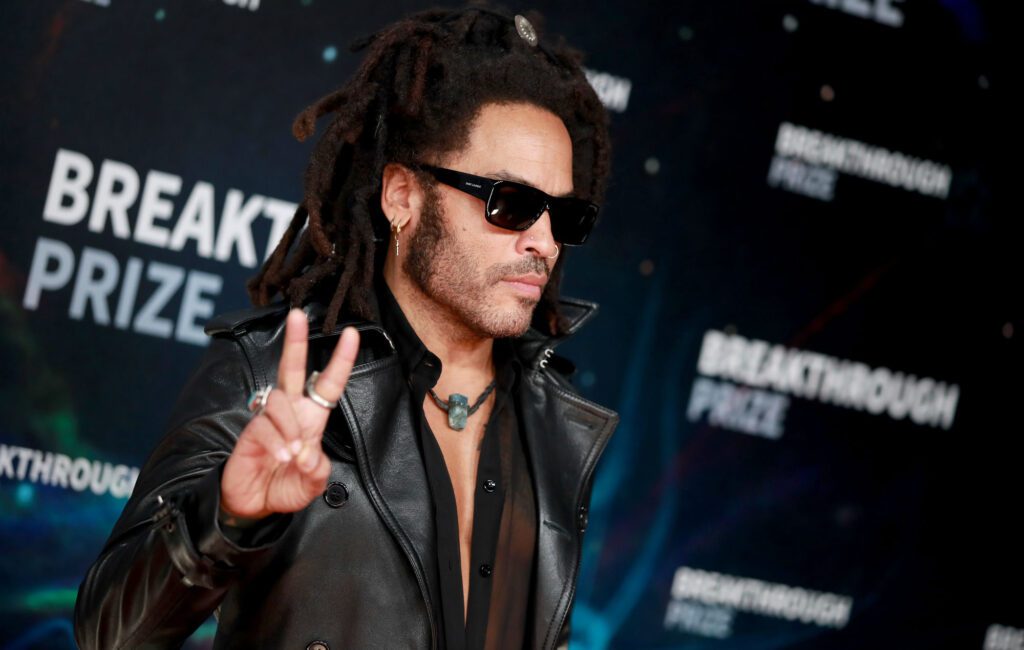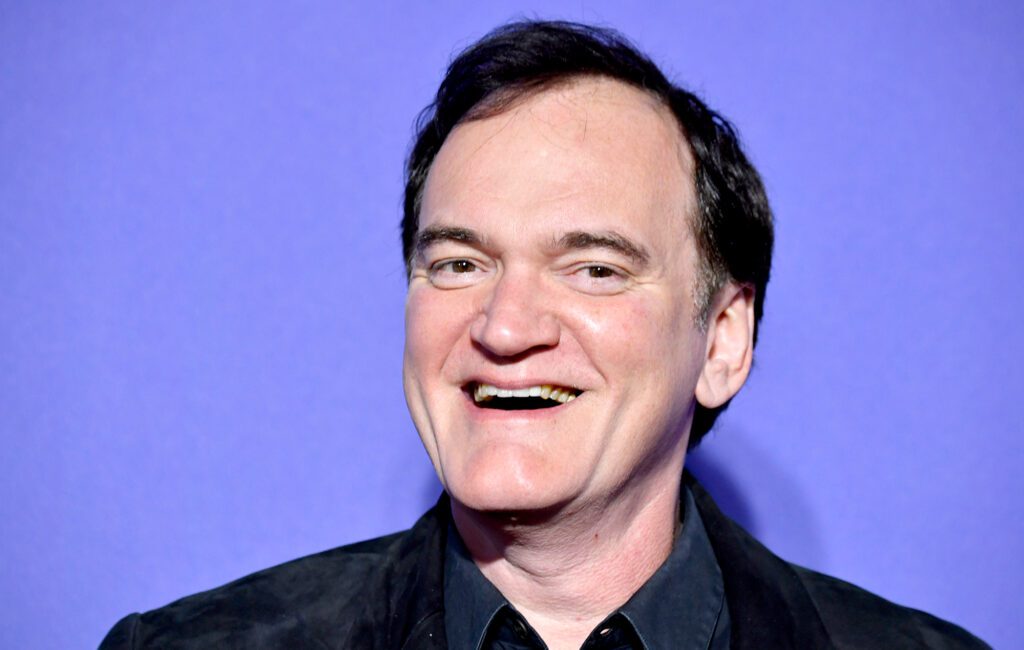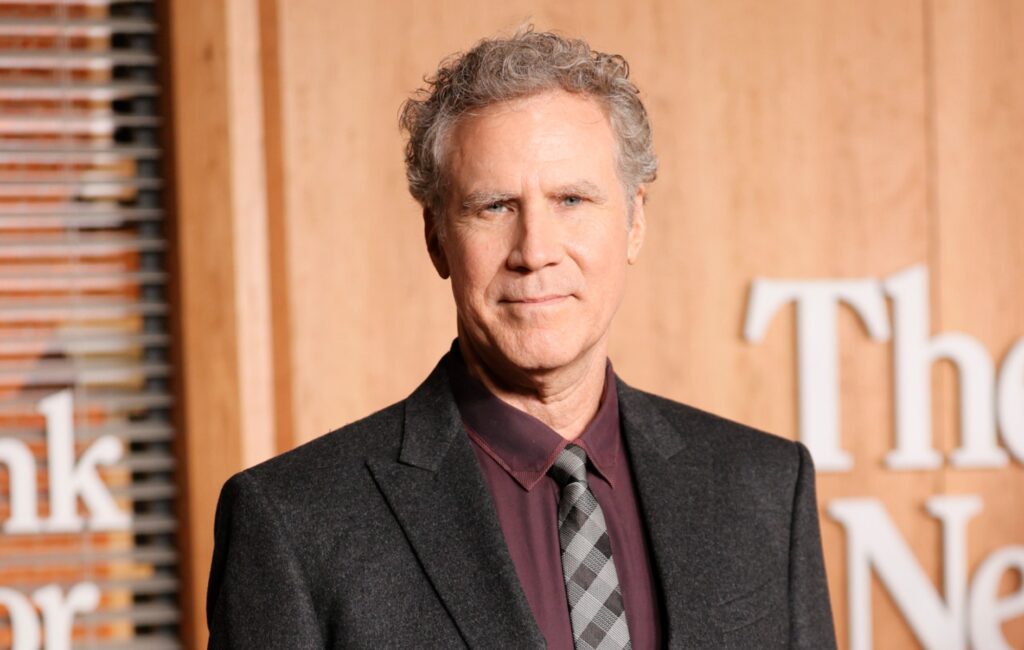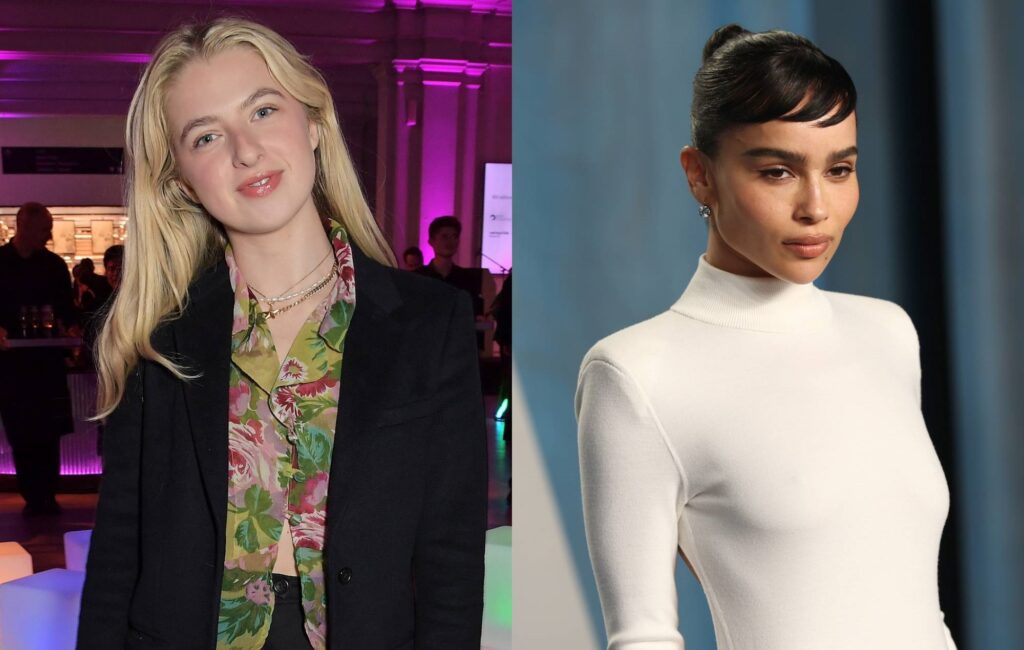Lenny Kravitz explains why he dropped out of Marvin Gaye biopic
 Posted On
Posted On
Lenny Kravitz has opened up about his involvement in one of several ill-fated biopics on soul legend Marvin Gaye.
Cameron Crowe, Jamie Foxx, Scott Rudin and Dr. Dre have all reportedly been attached to projects telling the story of the late Motown icon at various points, though none have materialised as yet.
- READ MORE: Marvin Gaye – ‘You’re The Man’ review
Kravitz signed on for one such project in 2012, titled Sexual Healing and helmed by Julien Temple, the director behind 1980 Sex Pistols mockumentary The Great Rock ‘n’ Roll Swindle.
Three months later, Kravitz dropped out of the film – set to follow Gaye’s time trying to recover from addiction and rebuild his career in the early 80s – and was replaced by Law & Order star Jesse L. Martin.
Speaking to Rolling Stone in a new interview, Kravitz explained that he was initially committed to the role, having even travelled to the small Belgian city where Gaye briefly lived during his recovery period.

“I went to Oostend. I did the whole thing,” he said. “I stayed at Marvin’s apartment. I went to the gym where he was training for boxing, the church where he sang the Lord’s Prayer. The director [Temple] went to the Bahamas [and] we hung out.”
However, Kravitz said he later “just didn’t feel right about it,” adding: “I can’t even tell you what it was. There were some business and financing things going on which had nothing to do with me. I just gracefully bowed out with due respect to the director who’s wonderful and I really like as a person.
“In the end, I’m glad that I didn’t do it. Playing Marvin Gaye is a wonderful opportunity but I’m just trying to do my thing.”
Kravitz previously claimed he was often turned away by record companies during the early part of his career because his music “wasn’t black enough”.
He told Variety magazine: ”I just knew that I was singing and performing my truth. This was a time right after everybody in the music industry was telling me that I couldn’t do this sort of thing. I would take my music around to the labels, and I would get the whole ‘It’s not black enough’ [response].”


